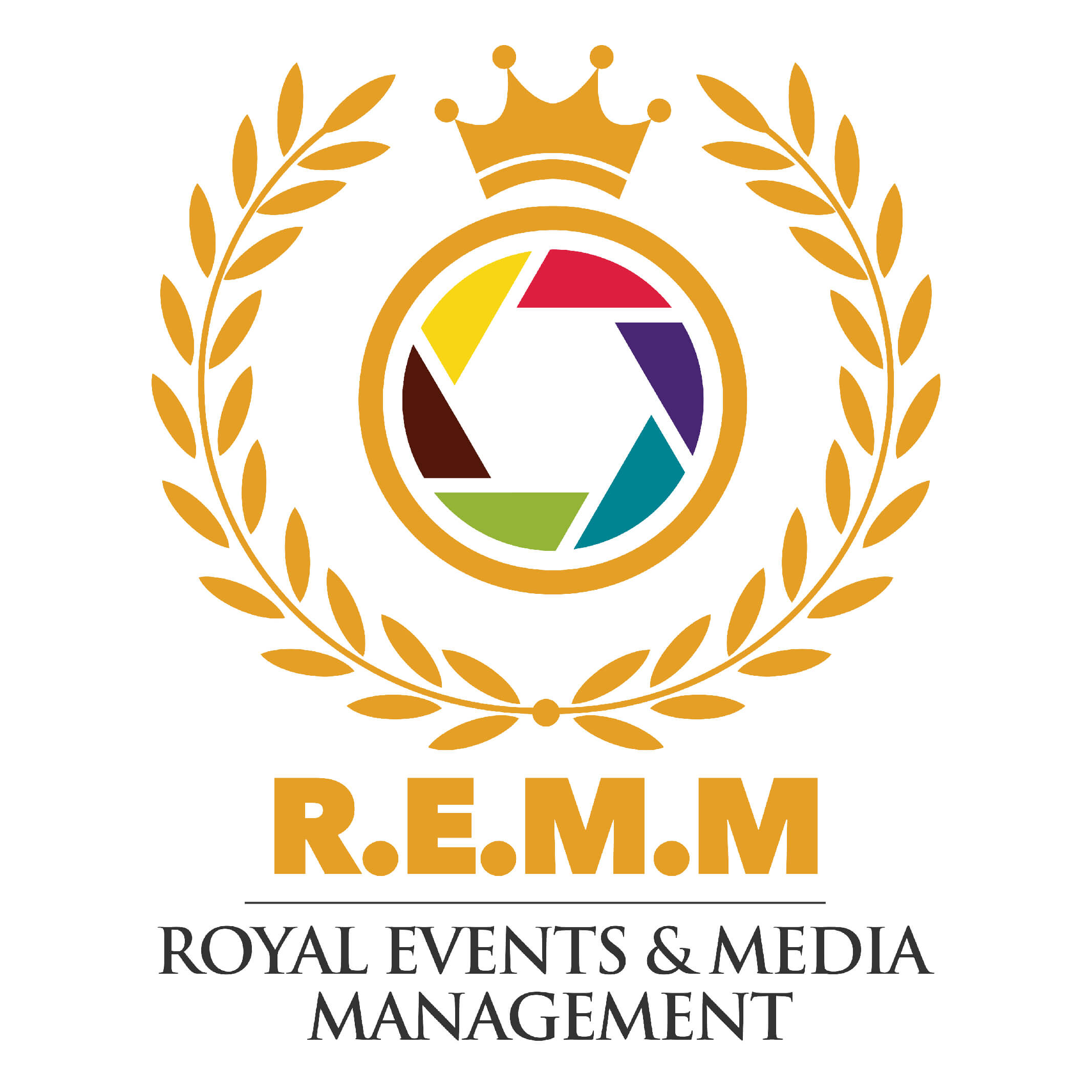Continuous improvement is the cornerstone of effective event coordination. For event coordinators looking to refine their skills, streamline processes, and deliver unforgettable events, gathering feedback and evaluating success are critical. This blog post explores the significance of gathering feedback, the most effective methods for doing so, and strategies to evaluate event success, all of which contribute to ongoing event management improvement.
Why Gathering Feedback is Crucial
Collecting feedback from stakeholders, attendees, and team members provides invaluable insights into what worked and what didn’t during an event. This process not only helps event coordinators identify areas for improvement but also supports data-driven decisions for future events. By prioritizing feedback, coordinators can demonstrate a commitment to delivering high-quality experiences, thereby fostering continuous improvement and enhancing their event planning strategies.
Top Methods for Collecting Event Feedback
- Surveys: Deploy post-event surveys to capture feedback from attendees, speakers, sponsors, and vendors. Incorporate a mix of multiple-choice, open-ended, and rating scale questions to gather a wide range of insights.
- Feedback Forms: Distribute physical or digital feedback forms during the event to allow participants to submit their thoughts anonymously or confidentially.
- Focus Groups: Engage a select group of attendees in focus group discussions to explore specific topics or areas of interest in greater depth.
- Interviews: Conduct one-on-one interviews with key stakeholders, sponsors, or speakers for more detailed feedback.
- Social Media Listening: Use social media listening tools to monitor online conversations, track sentiment, and gather real-time feedback from event participants.
Strategies for Evaluating Event Success
- Key Performance Indicators (KPIs): Define and monitor KPIs such as attendance, revenue, attendee satisfaction, social media engagement, and lead generation to gauge event success.
- Post-Event Analytics: Analyze data from surveys, feedback forms, registration platforms, and social media to identify trends, measure performance, and pinpoint areas for improvement.
- Budget vs. Actual Analysis: Compare actual expenses and revenue against the budget to assess financial performance and identify opportunities for cost savings.
- Stakeholder Feedback: Evaluate feedback from stakeholders, sponsors, vendors, and partners to assess satisfaction, ROI, and areas for future collaboration.
- Long-Term Impact: Track long-term outcomes, such as new leads, business opportunities, partnerships, and attendee retention, to evaluate the event’s impact over time.
Implementing Continuous Improvement Strategies
- Act on Feedback: Review feedback to extract actionable insights, then implement changes and enhancements for future events. Addressing concerns and applying best practices ensures continuous improvement in event coordination.
- Benchmarking: Compare your event’s performance against industry standards and previous events to identify progress and areas for enhancement.
- Training and Development: Invest in ongoing training and professional development for your team to stay ahead of industry trends and adopt cutting-edge event management techniques.
- Technology Adoption: Utilize event management software to streamline processes, automate tasks, and enhance efficiency in event planning and execution.
- Iterative Approach: Apply an iterative approach to event planning, where each event serves as a learning opportunity to refine processes and innovate based on feedback.
By cultivating a culture of continuous improvement and proactively seeking feedback, event coordinators can consistently elevate the quality, impact, and success of their events. This commitment not only improves current event outcomes but also sets a foundation for long-term growth and excellence in event management.
Keywords: continuous improvement in event coordination, gathering feedback for events, evaluating event success, event management strategies, event planning improvement, event KPIs, post-event analytics, effective event coordination, event management tools.
Backlinks:

